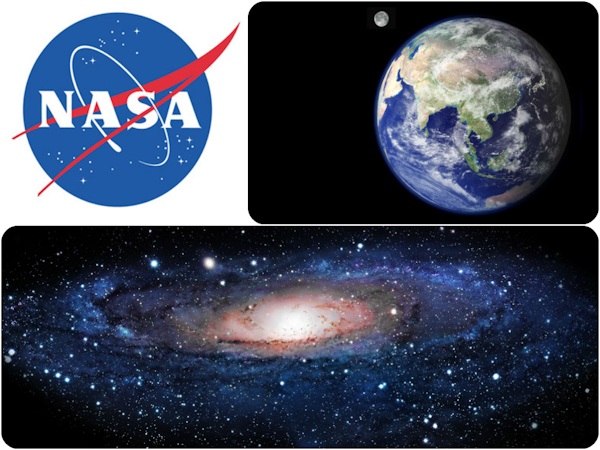Photo by: Will Gentry
Scientists have announced that up to 40 billion earth-like planets have been found in our galaxy, the New York Times recently reported.
Mark Thompson, adjunct instructor of physics, cleared up what the term “earth-like” means.
“When you say earth-like planets, scientists are referring to planets that are about the same size as earth and a reasonable distance away from their star that liquid water, perhaps, could exist,” Thompson said. “We don’t know anything more than that about these planets. These planets are in what we call a habitable zone where there could be liquid water and there could be oxygen.”
Knowing that other planets could contain liquid water, raises more questions.
“If there is water and there is oxygen, could there be life there?” Thompson said. “We can’t answer that. We have one case study, and that’s ourselves. We don’t know exactly what it takes to sustain life. We know that life exists on earth, and we know that the vital ingredients for us are water and oxygen and a carbon-based system. Outside of that, we don’t know why it happened on earth and not on Mars or on Venus, two planets that are pretty close to our orbital radius – the distance from the sun.”
Thompson explained that even if we don’t know why life began, life might be found within our own solar system within our lifetime.
“It might be possible to find life within our own solar system if you go to one of the moons of Saturn called Titan, or one of the moons of Jupiter called Europa,” Thompson said. “There would be the places that we could possibly find life there, but we can’t know if there is life on these earth-like planets.”
The possibility of life existing anywhere other than on earth may impact some students’ faith. Junior Kristen Jorgensen said that finding life wouldn’t change her faith.
“I think that even if you find life on another planet, I don’t think my faith would be changed per se, because since God created everything, he would be in contact with those people,” Jorgenson said. “He would be able to reach out to them. It’s possible [for Jesus to have come to other planets as well as earth]. Jesus can be anywhere – he can go anywhere, because God can do whatever he wants. He could have sent his son to them in order to help them as well.”
However, sophomore Garrett Andrews disagrees.
“While there is the possibility that planets would be able to support life, I don’t believe that there’s life on other planets because of the faith that I hold,” Andrews said. “I believe that God created us specifically on this planet for a reason.”
Thompson said that scientists are still trying to figure out why life began on earth.
“We haven’t been able to mix in laboratory water and amino acids and spontaneously create life,” Thompson said. “No one can answer why life started on earth, and since we can’t answer why life was started on earth, we can’t answer if there is life somewhere else.”
Scientists aren’t even able to accurately say if there is water or life-sustaining conditions on these planets.
“It’s very difficult for us to see a planet,” Thompson said. “When you hear someone talk about seeing a planet, we are actually just seeing the planet’s effect on their stars. Most of you know that planets go around stars, but what actually happens is the planet pulls on the stars, causing the star to wobble in it’s own orbit.”
He likened trying to see a planet to getting pulled over.
“The star itself is so bright, it would be kind of like if you’ve ever been pulled over by a policeman at night,” Thompson said. “The policeman will shine a really bright light at the car, and there’s no way you can see that police officer behind that light because the light itself is too bright. These are incredibly bright stars, and these planets are very dim compared to the stars, so we don’t see them; we see what they do.”












Be First to Comment